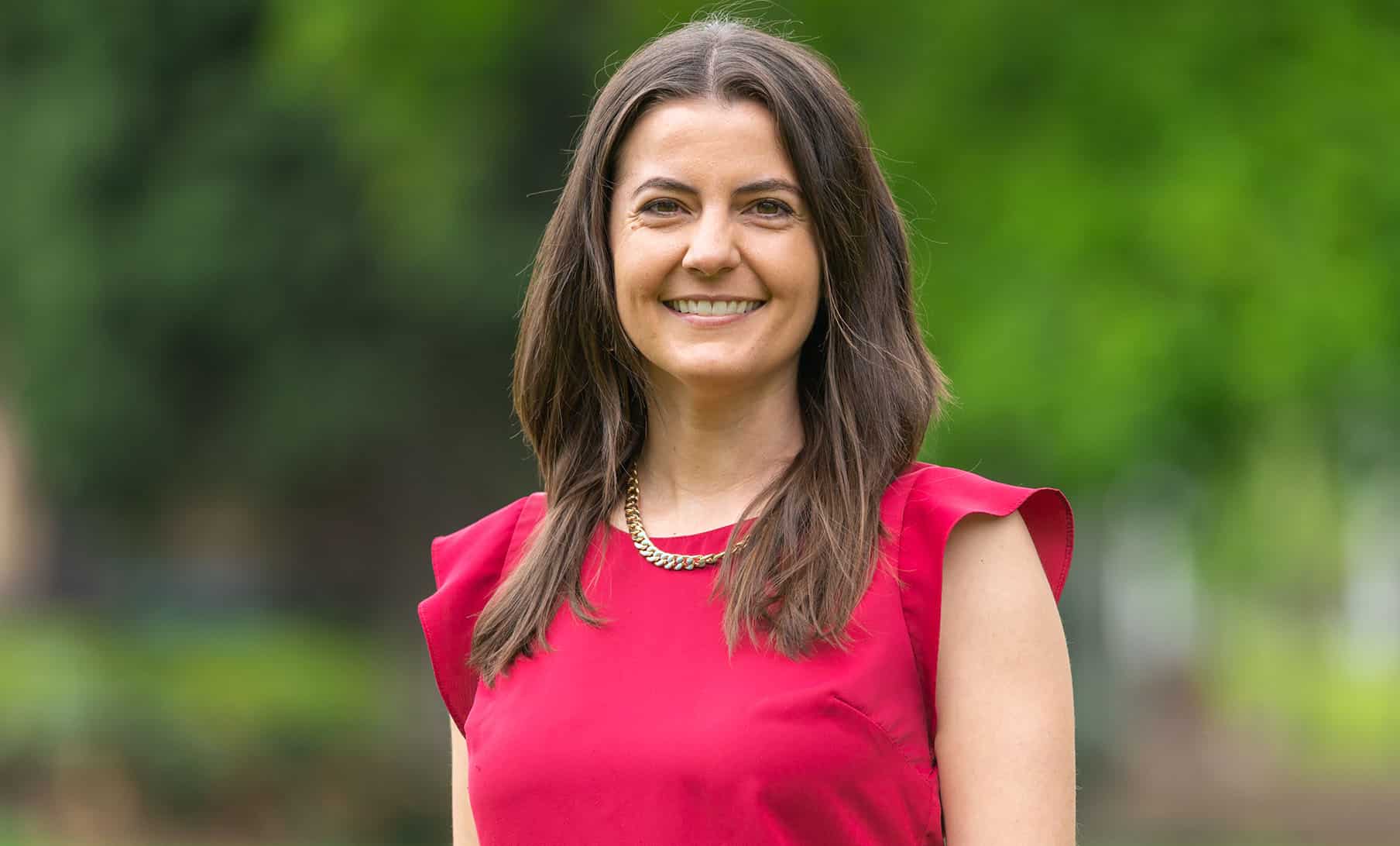
ALGA News sat down with Cities Power Partnership Director Dr Portia Odell to discuss how our local governments are supporting Australia’s transition to a clean energy future by embracing new technologies and innovative solutions to reduce their emissions.
ALGA: We know Australia’s 537 local governments are at the forefront of creating a more sustainable and clean energy future in Australia. So how much progress is being made by councils on reducing emissions, energy efficiency and climate action?
Dr Portia Odell (PO): Councils have long been leading the charge when it comes to taking action on climate change. Globally, cities consume 78 percent of the world’s energy and produce more than 70 percent of greenhouse gas emissions, so the steps they take to slash emissions matter.
Here in Australia, over 180 councils have signed up to the Cities Power Partnership, the nation’s largest network of local councils taking action on climate. Collectively they have committed to over 800 pledges to reduce emissions – from electrifying their fleet to rolling out renewable energy. 60 percent of CPP member councils have a target for reducing greenhouse gas emissions from council operations and 39 percent from their community.
ALGA: Can you outline a couple of the exciting innovations and technologies councils are embracing to reduce their carbon footprints?
PO: Councils are embracing all sorts of innovative approaches and technologies to reduce their emissions. Most recently, we are seeing councils partake in a Power Purchase Agreement, which is essentially a group of councils pooling their electricity contracts to switch to renewable energy. For example in Victoria, 51 councils are collectively sourcing renewable energy from local wind farms to power council-owned infrastructure, like town halls, sports grounds and community venues.
We are also seeing councils spearhead community batteries that are helping provide wider access to renewable energy for the community, no matter which energy retailer households use or if they have solar panels installed. This is just another way councils are helping to reduce emissions, put downward pressure on energy prices and boost solar installation.
ALGA: What are some of the benefits from investing in local clean energy solutions?
PO: Australia has unrivalled potential for renewable energy and cities and regions have an enormous opportunity to drive Australia’s shift to a clean energy economy.
Climate leadership from local governments has shown that investing in a clean economy creates lasting benefits for all of us like cheaper electricity, more comfortable housing, the development of growth industries, clean jobs and healthy communities. The faster we get there, the sooner we can enjoy the benefits.
ALGA: Of course, there’s many challenges facing councils in their quest for achieving climate action. What are the most common barriers for addressing emissions reduction?
PO: Australian councils and their communities are at the forefront of dealing with the impacts of climate change but they are critically under-resourced, ill-equipped to respond and often hamstrung by state, territory and federal legal and institutional frameworks.
Despite the costs of climate change increasing (ICA 2022), the value of Financial Assistance Grants provided to councils has declined over the past three decades from approximately one percent of Commonwealth taxation revenue to around 0.5 percent (ALGA n.d.a). This, alongside other barriers mentioned, is contributing to significant capacity constraints.
ALGA: How can the Federal Government better support councils, especially in terms of a lack of staff resources and funding for sustainability teams and programs?
PO: The Cities Power Partnership’s recent report Many hands make light work: Multilevel Governance can accelerate climate action in Australia has stepped out a new approach to climate governance (Multilevel governance) in Australia that can empower all levels of government, especially councils, to fulfill their ambitions on climate change. Multilevel governance is a framework which promotes effective coordination between and across levels of government.
The report recommends the Australian Government pursue the development of a multilevel governance climate action framework to give councils on the frontline of climate change a seat at the table when policies and investments to tackle it are being planned and delivered.
ALGA: Finally, the Cities Power Partnership is hosting a climate summit for local government in September. What can people expect from this major event?
PO: The Climate Summit for Local Government is Australia’s premier climate and clean energy event for councils. Taking place in Melbourne from Sept 6-8 2023, the conference is 2.5 days full of learning and discussion, expert speakers, an EV Drive Day, Awards Gala dinner and walking tours of Melbourne. Sessions will cover topics such as climate risk, clean transport, resilience, energy transformation, communications, community engagement and more.
If you are a decision maker (mayor, councillor, executive or senior staff) at an Australian local government looking to embed clean energy across your council operations, this national event is for you.
You can use the discount code CLIMATE to receive $350 off your ticket.


